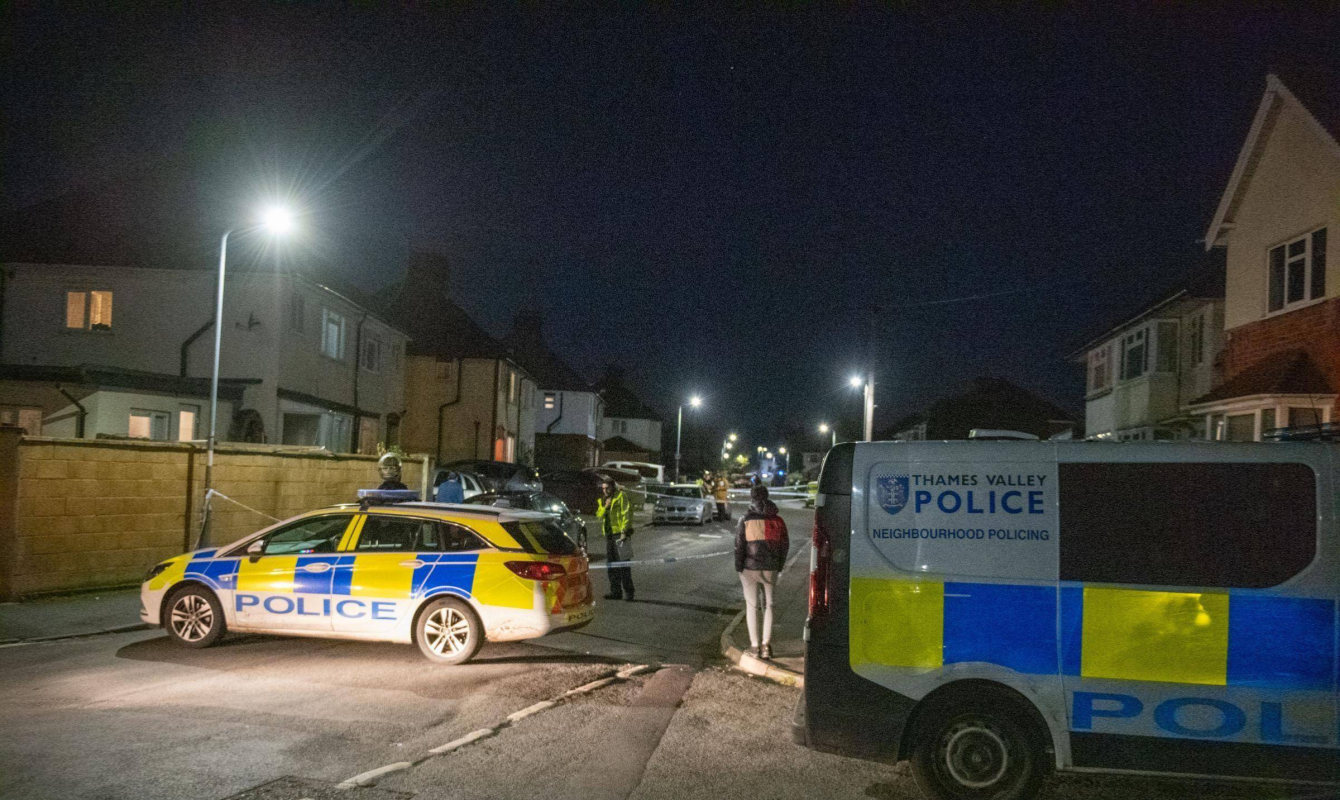Body cameras have become an indispensable tool in modern law enforcement, offering numerous benefits that help protect police officers in various ways. These devices provide an objective record of interactions between officers and the public, which can be crucial in defending against false accusations, unfounded complaints, or criminal charges.

By capturing audio and visual evidence, body cameras ensure transparency and accountability, fostering trust between law enforcement and the communities they serve. Additionally, the presence of body cameras often discourages both officers and civilians from engaging in misconduct, as they know their actions are being recorded. This not only reduces the likelihood of conflicts but also helps de-escalate tense situations. Furthermore, the footage can serve as valuable evidence in court, supporting officers’ accounts and ensuring fair outcomes in legal proceedings. Overall, body cameras are a powerful tool for enhancing officer safety, improving public trust, and promoting justice.

When selecting body cameras for police use, several key features must be considered to ensure they meet the demands of law enforcement. First, video and audio quality is paramount; high-resolution recording ensures clear evidence, even in low-light or high-motion scenarios. Second, battery life is critical, as officers often work long shifts and need cameras that can last throughout their duties without frequent recharging. Third, durability is essential; body cameras must withstand harsh conditions, including extreme weather, physical impacts, and water exposure. Fourth, storage capacity and data management are crucial considerations. Cameras should offer sufficient storage for lengthy recordings and integrate seamlessly with secure cloud-based systems for easy access and retrieval. Fifth, ease of use is important; officers need intuitive controls to operate the cameras efficiently during high-pressure situations. Finally, privacy and compliance features, such as encryption and redaction tools, are necessary to protect sensitive information and ensure adherence to legal and ethical standards. By prioritizing these features, law enforcement agencies can select body cameras that enhance operational effectiveness and accountability.
In RECODA, our important customer group is the police. Every year, police projects in 20 to 30 countries around the world use our body cameras. Therefore, we have extensive experience in producing high-quality body cameras and providing a more impartial third-party perspective.
In conclusion, body cameras have proven to be a transformative tool for law enforcement, offering protection, transparency, and accountability in policing. As technology continues to advance, these devices are likely to become even more sophisticated, with improvements in artificial intelligence, real-time streaming, and data analytics. These advancements will further enhance their utility, making them an even more integral part of modern policing. As society continues to adapt to the evolving landscape of technology, body cameras will undoubtedly play a pivotal role in fostering safer communities, building trust, and ensuring justice for all. The future of mobile recording tools holds immense potential, and their continued development will bring even greater benefits to our lives.